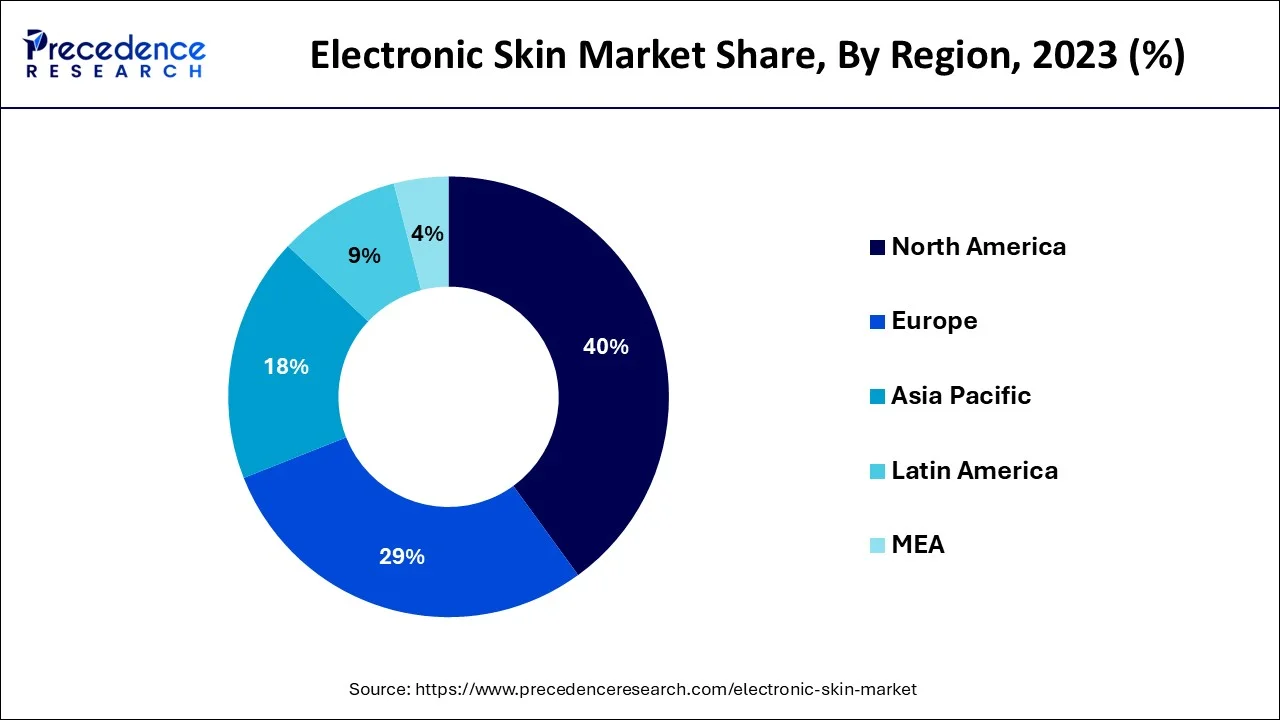Al Jobran Insights
Exploring a World of News and Information
The Skin Marketplace Boom: Why Everyone is Selling Their Face Online
Discover the shocking rise of the skin marketplace! Find out why everyone's cashing in on their faces and how you can too!
The Rise of Digital Identities: Exploring the Skin Marketplace Phenomenon
The advent of digital identities has significantly transformed how we perceive ownership and value in the virtual world. Digital identities have become a crucial aspect of online interaction, extending beyond just social profiles to include avatars and unique virtual assets. One of the most compelling phenomena under this umbrella is the rise of the skin marketplace, where users buy, sell, and trade virtual skins for characters in video games. This marketplace represents not only a new form of economic activity but also highlights the changing dynamics of personal identity in gaming. Users invest real money in these customizable assets, reflecting both their status and personal style within digital communities.
The popularity of skin marketplaces can be attributed to several key factors. Firstly, the gamification of digital assets has made collecting and trading these skins an engaging form of entertainment. Secondly, the influence of streaming platforms and social media has elevated the visibility of unique skins, making them desirable among gamers. In addition, the concept of virtual ownership blurs the lines between real and digital worlds, raising intriguing questions about value and individuality. As we explore this phenomenon, it becomes clear that the rise of digital identities is reshaping not only how we interact in virtual spaces but also how we define ourselves in an increasingly interconnected digital ecosystem.

Counter-Strike is a highly popular multiplayer first-person shooter game that has captivated players since its inception. Players can engage in intense tactical battles, working in teams to complete objectives or eliminate opponents. If you're looking to enhance your gaming experience, check out the daddyskins promo code for some exciting in-game rewards!
How Selling Your Face Online Became the New Trend in Digital Commerce
The rise of social media platforms and the increasing prevalence of digital marketing have coalesced to create a fascinating new trend in digital commerce: selling your face online. This phenomenon is largely driven by the growing popularity of platforms where users monetize their images and identities, such as OnlyFans and Instagram. Content creators now have the opportunity to leverage their personal branding, turning their faces into profitable assets. As consumers become more inclined to connect with real people rather than faceless brands, the demand for authentic content has driven individuals to showcase their unique personalities and appearances. This shift has redefined the notion of online commerce, transforming faces into a currency of influence.
Furthermore, the concept of selling your face online is not limited to traditional content creators alone. Many businesses are now collaborating with influencers and micro-influencers to reach target audiences in more genuine ways. These collaborations often involve sponsorship deals where personalities earn money by promoting products using their likenesses. According to recent studies, brands that embrace this trend see higher engagement and conversion rates compared to conventional advertising methods. It is clear that as the digital landscape evolves, embracing the human element and allowing individuals to capitalize on their personal brands is becoming a revolutionary approach to commerce.
What Are the Ethical Implications of Buying and Selling Faces in the Skin Marketplace?
The ethical implications of buying and selling faces in the skin marketplace are profound and complex. This emerging industry raises significant questions about identity, consent, and exploitation. For instance, the trade of human faces, often referred to within the realm of cosmetic surgery and advanced prosthetics, can lead to commodification of personal identity. Buyers may seek these aesthetic enhancements for various reasons, creating a marketplace that reduces individual uniqueness to mere currency. Ethical issues also arise regarding informed consent, particularly in cultures where beauty standards can exert intense pressure on individuals, potentially leading them to make drastic decisions.
Furthermore, the skin marketplace can perpetuate inequality, as access to these cosmetic enhancements is often limited to those with financial means. This disparity raises concerns about who is deemed worthy of altering their facial features. The potential for cultural appropriation and the exploitation of marginalized groups are also factors that merit attention. Critics argue that the commercialization of human features may trivialize important aspects of personal and cultural identity, prompting a reevaluation of our societal values. Overall, navigating the ethical landscape of buying and selling faces necessitates a critical examination of the repercussions on individuality and social equity.